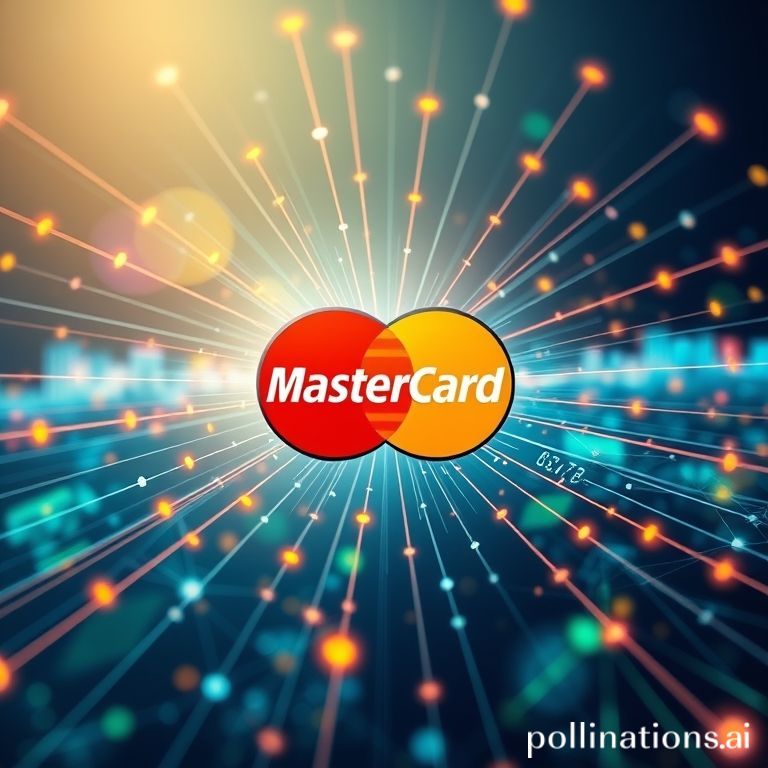
Mastercard, a global leader in payment technology, has unveiled its Global Reach Partner Program, a strategic initiative designed to empower its diverse customer base – including banks, FinTechs, crypto players, merchants, marketplaces, and digital platforms – to seamlessly expand into new international markets. This program addresses the escalating need for agility and simplified market entry in an increasingly interconnected global economy, helping customers navigate the complexities of cross-border operations without encountering significant delays or operational hurdles.
The core essence of the Global Reach Partner Program lies in offering a bespoke and adaptable go-to-market strategy. This approach is meticulously crafted to streamline various processes, significantly accelerating product and service launches, and ultimately enabling customers to efficiently serve cardholders across a multitude of countries. By providing a clear and structured pathway, Mastercard aims to dismantle common barriers to international expansion, such as regulatory compliance, localized operational setups, and diverse consumer behaviors. The program’s comprehensive framework ensures that partners receive targeted support tailored to their specific business models and expansion objectives, fostering a more efficient and less resource-intensive market entry.
Beyond strategic guidance, participating companies gain invaluable access to Mastercard's extensive consulting, advisory, and implementation expertise. This robust support system is instrumental in assisting partners with critical aspects of their market expansion, including defining their optimal go-to-market strategies, designing efficient target operating models, and executing smooth operational rollouts. This hands-on assistance is crucial for mitigating risks and maximizing the success rate of new market ventures, allowing partners to leverage Mastercard’s deep industry knowledge and global network.
Eimear Creaven, co-president of global partnerships at Mastercard, emphasized the customer-centric philosophy behind this initiative. "Our customers, their priorities and their challenges shape how we design, build and evolve our propositions," Creaven stated in a news release. "We have created Global Reach to embrace the market expansion ambitions of our partners, simplify their go-to-market roadmap, and serve their customers in more markets in the world." Her comments underscore Mastercard's commitment to empowering its ecosystem partners through innovative solutions that directly address their growth aspirations.
Related Initiatives and Economic Outlook
This announcement closely follows other significant developments from Mastercard. Just one day prior, the company revealed the latest cohort of its Start Path Emerging Fintech program, which comprises 11 innovative startups. This program serves as a vital accelerator for nascent FinTech companies, providing them with the resources, mentorship, and connections needed to scale their operations and refine their offerings. When selecting these startups, Mastercard prioritized those demonstrating unique expertise in high-growth sectors, with a particular focus on ventures that contribute to advancing circular commerce and sustainable business practices. This dual focus highlights Mastercard's broader commitment to fostering innovation not only in payment technologies but also in socially responsible economic models.
In a separate yet equally relevant development, the Mastercard Economics Institute (MEI) recently released its projections for holiday spending, anticipating a slowdown in growth for 2025 compared to the previous year. The MEI's analysis attributes this moderated growth to several macroeconomic factors, primarily a deceleration in hiring rates and persistent uncertainty surrounding the impact of new tariffs on consumer prices. These conditions are expected to influence consumer behavior significantly, prompting holiday shoppers to prioritize value and make more judicious purchasing decisions amidst broader economic apprehension.
According to the MEI's news release, "In 2025, holiday shoppers will be searching for value amid broader economic uncertainty. Their decisions will be driven in part by the health of the labor market and by tariff-related price increases." This outlook suggests that retailers and businesses will need to adapt their strategies to cater to more price-sensitive consumers. Despite a slowdown in hiring, the labor market exhibits a degree of resilience, primarily due to a consistently low rate of firing. This stability helps to underpin overall consumer spending, preventing a more drastic downturn. However, income trends reveal a divergence, with low-paid workers experiencing a moderation in wage growth, while high-income earners continue to benefit from robust stock market performance. This disparity in income trajectories could lead to varied spending patterns across different demographic segments during the holiday season, further complicating the retail landscape. Mastercard's insights from the MEI provide a crucial backdrop against which its new Global Reach Partner Program is launched, emphasizing the need for businesses to seek efficient growth strategies even in a challenging economic environment.
